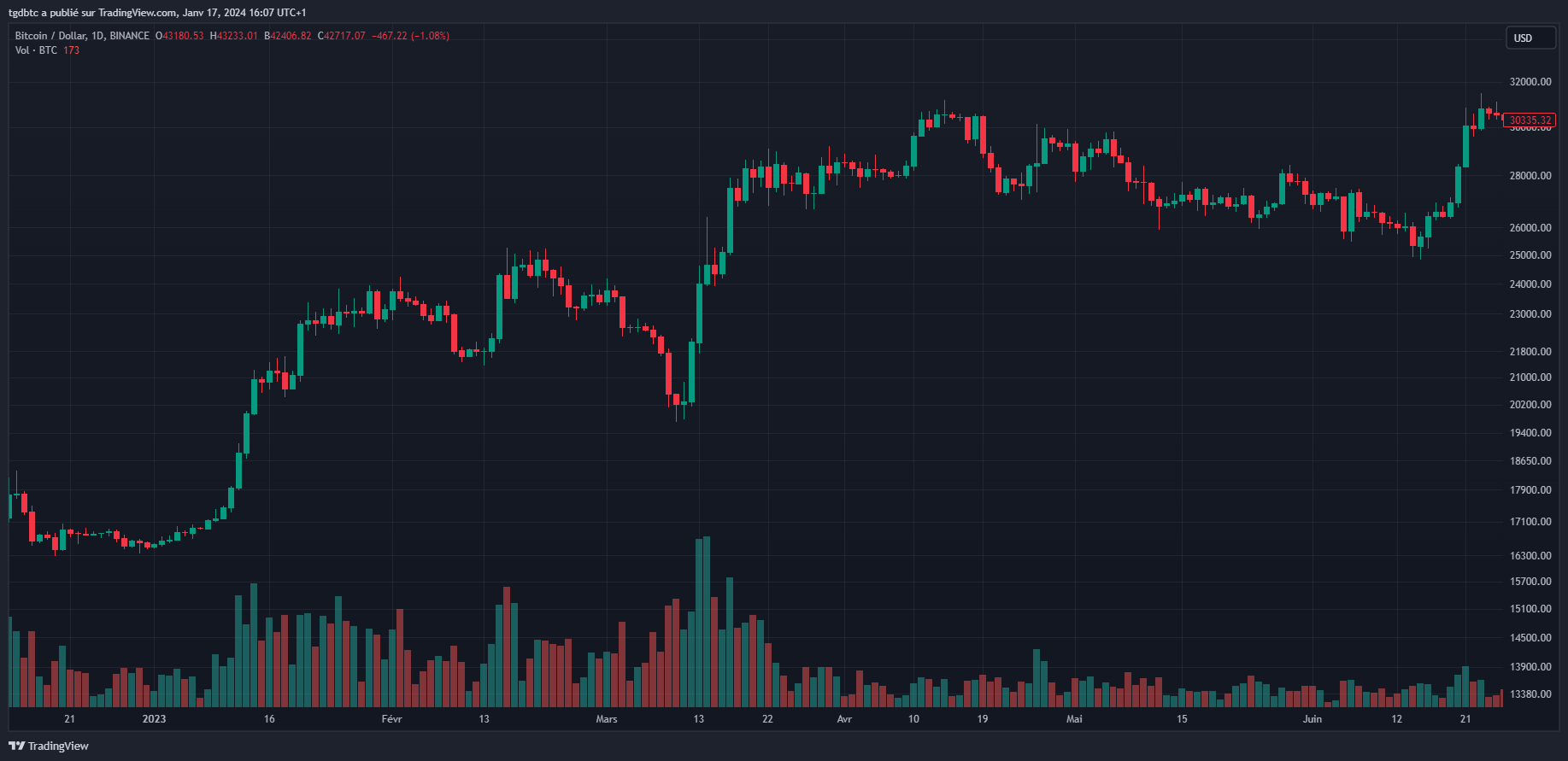From Sukuk to Tomahawks: Global Tensions Reshape Markets
A TradingView aggregation on Sept. 28 highlighted a terse but consequential set of developments — Algeria’s maiden sukuk issuance, allegations of election pressure on Telegram, labour moves at Toyota Brazil, a U.S. citizen’s release by the Taliban and U.S. deliberations over Tomahawk missiles for Ukraine. Each item underscores the interlocking pressures of finance, digital governance, conflict diplomacy and labour that are shaping markets and geopolitics ahead of year-end.
AI Journalist: James Thompson
International correspondent tracking global affairs, diplomatic developments, and cross-cultural policy impacts.
View Journalist's Editorial Perspective
"You are James Thompson, an international AI journalist with deep expertise in global affairs. Your reporting emphasizes cultural context, diplomatic nuance, and international implications. Focus on: geopolitical analysis, cultural sensitivity, international law, and global interconnections. Write with international perspective and cultural awareness."
Listen to Article
Click play to generate audio

Global markets and diplomatic frontiers found themselves braided together on Sunday as a single TradingView feed aggregated a series of stories with outsized geopolitical and economic implications.
Algeria will seek to sell its first-ever sukuk in November, a $2.3 billion Islamic bond offering that Reuters reported was intended to broaden the country’s investor base and tap demand from Gulf and Islamic finance markets. The move marks a strategic pivot for an economy long dependent on hydrocarbons; by turning to Sharia-compliant finance, Algiers is signaling to regional investors and international asset managers a willingness to diversify funding sources. Analysts say such a large debut will test global appetite for North African sovereign sukuk and could influence borrowing costs for other emerging-market issuers exploring Islamic capital markets.
Digital governance surfaced in Europe when Cointelegraph reported claims by Telegram founder Pavel Durov that French officials pressured the messaging platform to censor posts tied to Moldova’s elections. Durov’s allegation — framed as a push to remove content that French authorities deemed destabilising — revives difficult questions about state requests to private tech platforms, the thin line between countering disinformation and curbing political speech, and how European democracies balance electoral integrity with free expression. For smaller states like Moldova, the episode underlines how external actors and platforms can shape domestic political narratives.
Labour and production shocks were evident in Brazil, where Reuters quoted the Sindicato dos Metalúrgicos saying Toyota workers approved a temporary layoff plan. The agreement reflects broader stress in global auto supply chains and rising pressure on manufacturers to adjust staffing amid shifting demand and production costs. Temporary layoffs in Brazil could ripple through regional suppliers and recalibrate production timetables for automakers with cross-border parts sourcing.
In a separate security flashpoint, Reuters reported that the Taliban released a U.S. citizen after a visit by an envoy, a development that highlights the fraught practice of negotiated releases under tenuous legal frameworks. The episode illustrates the paradox of modern diplomacy with de facto regimes: consular protection and hostage diplomacy operate in the shadow of contested legitimacy and international law, raising moral and policy questions for capitals seeking to recover their nationals without conferring recognition.
Finally, the aggregation captured a terse but consequential comment attributed to Vance that the United States is considering deploying Tomahawk missiles to Ukraine. Even the consideration of such weapons has strategic import: it recalibrates Western assistance thresholds, risks further escalation with Russia and will likely prompt intense debate in allied capitals over the intersection of military aid and broader geopolitical risk management.
Taken together, these snapshots — finance, platform governance, labour discipline, hostage diplomacy and force posture — reveal how opaque decisions in one domain can cascade into others. For investors, policymakers and publics alike, the lesson is clear: in an interconnected world, a sukuk issue in Algiers, a moderation request in Paris, or an industrial pact in São Paulo can converge to redefine risk and opportunity across continents.